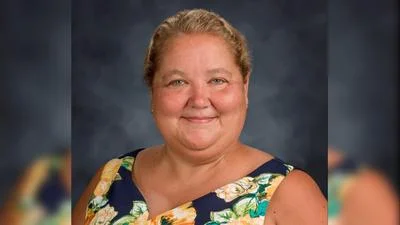“When we look back on this grant, how will we judge whether or not you’ve been successful and the grant itself has been successful in achieving its goals?” Illinois state Rep. Patrick Windhorst asked. | repwindhorst.com
“When we look back on this grant, how will we judge whether or not you’ve been successful and the grant itself has been successful in achieving its goals?” Illinois state Rep. Patrick Windhorst asked. | repwindhorst.com
State Rep. Patrick Windhorst recently questioned witnesses at a House Public Safety and Violence Prevention Task Force hearing about how the effectiveness of the state’s new Restore, Reinvest, and Renew (R3) Program grants should be measured.
R3 Program funds, distributed by the Illinois Criminal Justice Information Authority (ICJIA), are earmarked for "organizations located in communities that have experienced economic disinvestment and disproportionate violence and incarceration," according to Austin Weekly News.
“When we look back on this grant, how will we judge whether or not you’ve been successful and the grant itself has been successful in achieving its goals?” Windhorst quizzed Dr. Patricia Booker Easley of the NAACP and the Westside Collaborative Project.
Comprised of eight West Side nonprofits and civil rights organizations, according to Austin Weekly News, the Westside Collaborative Project is an initiative created with a goal of providing a wide range of services for West Side youths ages 14 to 24, with the $1.8 million in funding coming from revenues generated from the tax on cannabis sales.
“Given that this is a new grant and we’re serving a population in very different ways, when we talk about measuring, I think we need to be broad and flexible on that,” Booker responded. “We will provide some instances on that for pre-testing, post-testing, pre-assessments, post-assessments, those sorts of things, so we can have some quantifiable numbers for you. But, on the other hand, we also have to look at changing minds of this particular population. If we can change the mindset of our clients, neighbors and friends, they can transfer that new knowledge within their families and their blocks and communities.”
Led by the Chicago Westside Branch NAACP, the Westside Collaborative includes organizations offering services ranging from mental health, career development, violence prevention and other support services. All the member organizations involved have been in operation for years and are said to already offer programs that serve young people.





 Alerts Sign-up
Alerts Sign-up